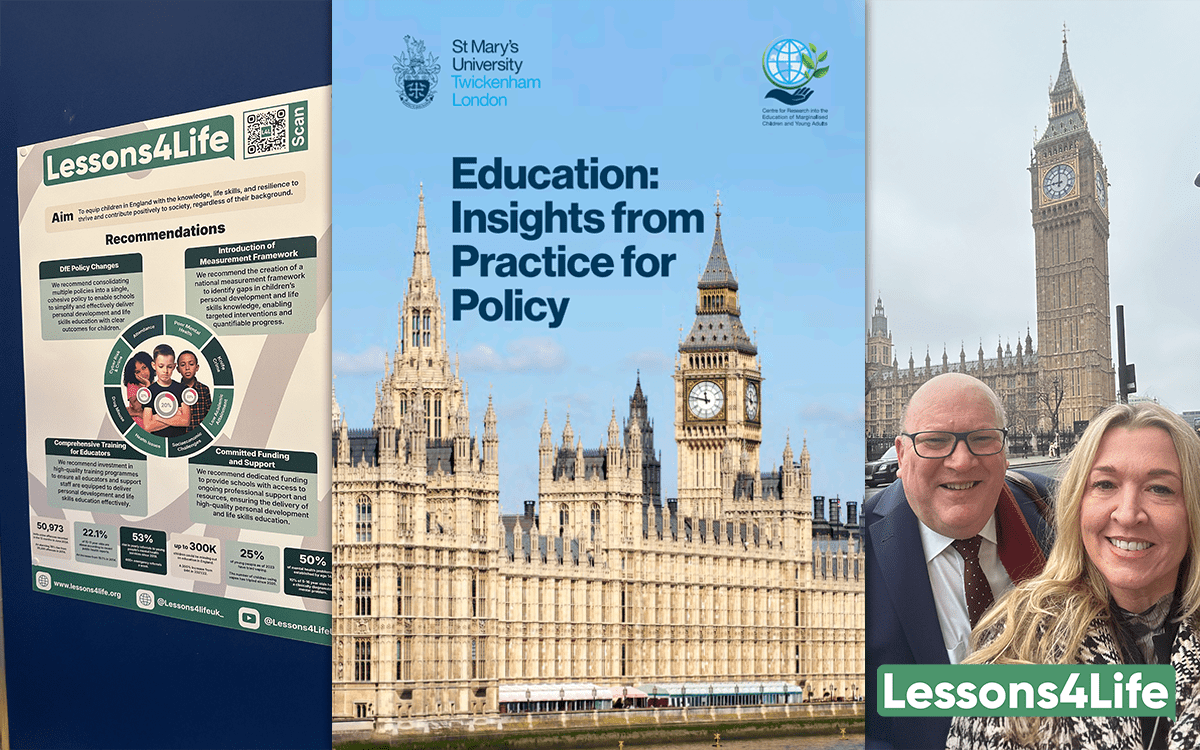Labour’s proposal to replace single-word Ofsted judgements with report cards and annual checks for school accountability has sparked mixed reactions within the education sector, particularly concerning its approach to surveillance culture.
The reasons behind this increase are complex, involving societal, economic, and cultural factors. However, one undeniable fact remains: knife crime often begins at a young age. Many perpetrators and victims are teenagers or even younger. This highlights the importance of education. By educating youth about the dangers of knife crime, we empower them to make informed decisions and resist violence.
Childhood obesity is another pressing public health concern. According to Public Health England, 23.4% of Year 6 children are obese. Diabetes costs the NHS £14 billion annually (£25,000 per minute), and the impact of obesity on children’s physical and mental health will inevitably lead to future costs. More early education for primary school children, including additional focused lessons, is necessary to address these issues. Waiting until secondary school is too late.
We must find a way to rebalance primary curriculum priorities to effectively teach personal development. The next government should consult with educators to increase the curriculum time dedicated to personal development and provide schools with more training and more funding to provide high quality teaching for all.
Schools are well-positioned to support children in developing positively and influencing the next generation. Teaching children about conflict resolution, emotional regulation, self-care, self-worth, self-confidence, reduced anxiety, healthy relationships, and nutrition can significantly impact societal issues in the long term. However, schools need data to inform their focus.
In response, we have identified an opportunity to introduce an assessment to measure children’s personal development knowledge towards the end of primary school. We have created and are currently trialling a draft test that allows schools to quickly assess and gather data on their pupils’ knowledge in this area. This provides teachers with crucial personal development data, which currently does not exist, before children transition from Year 6. It helps address knowledge gaps for individuals and groups, enhancing the focus of personal development education.
By identifying how schools are closing these gaps, staff can be confident they are preparing pupils for the challenges of secondary education. This evidence can also improve inspection outcomes by meeting Ofsted grade descriptors on schools’ intent to support the personal development of all pupils and the quality of their implementation.
The road ahead is long and challenging. However, by investing in the education and empowerment of our young people, we invest in a brighter, more hopeful future where every child can grow up in a safer and healthier country.
Hayley Sherwood is the founder of 1decision and governor for PSHE/mental health at The Leys Primary and Nursery School.



